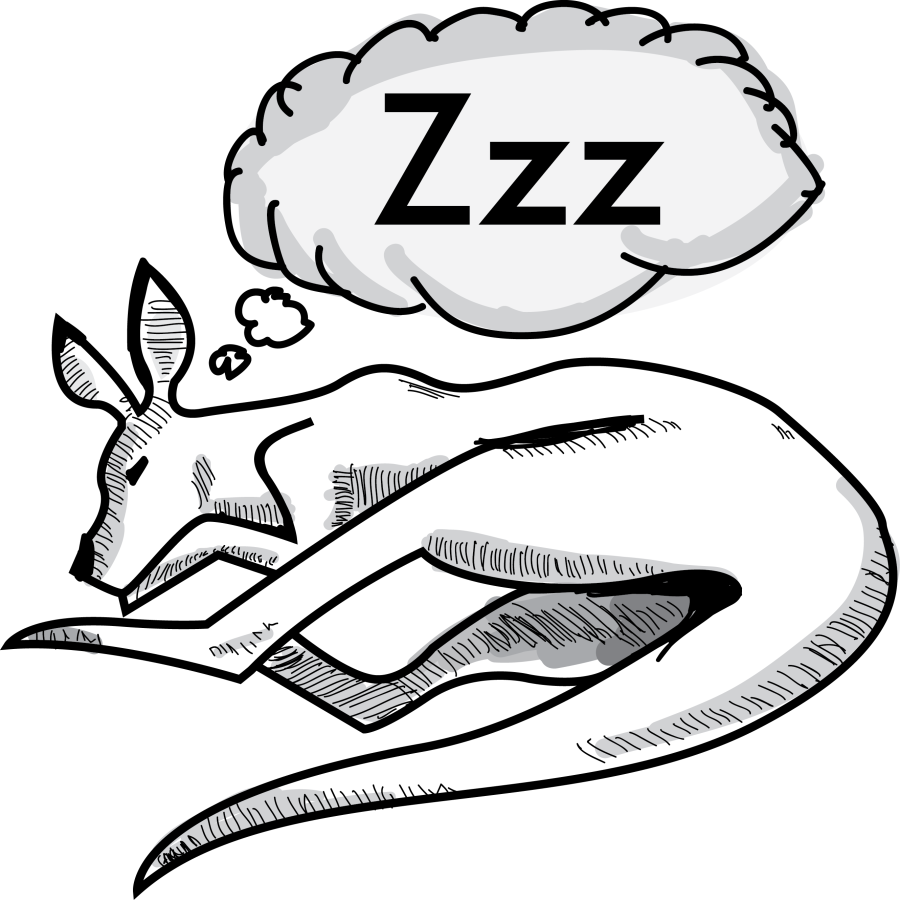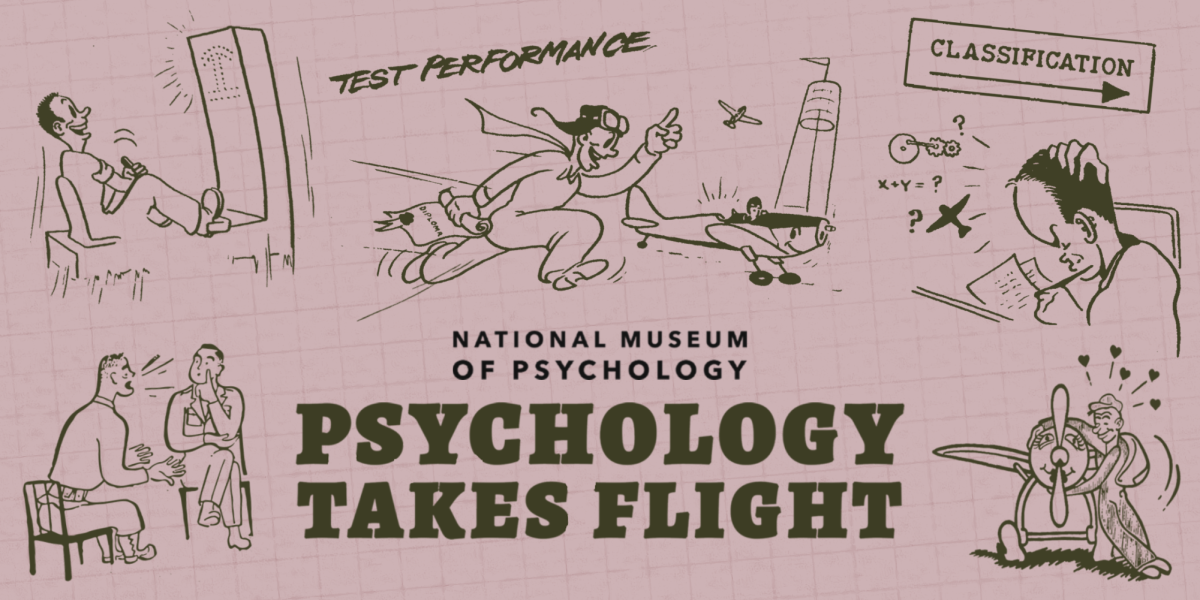Zips need to catch z’s not colds
November 4, 2015
It is important to get enough sleep every night in order to function on a daily basis. Sleep affects your brain function and physical health. Continual sleep deficiency can affect your attitude, way of thinking, reactions, and work. I understand that students have busy schedules, but it would benefit you to get at least seven to eight hours a sleep daily, according to The National Heart, Lung, and Blood Institute. Students who get enough sleep will not feel angry, stressed, suicidal, or depressed.
With enough sleep, students can improve learning. While sleeping, your body prepares your brain for the following day by forming pathways to help you memorize and learn new information.
Winter is approaching and students are catching the Roo or walking to class. In order to prevent the common cold this winter; try to get more sleep. Your immune system relies on sleep to defend foreign and harmful substances from attacking your body.
Sleep plays an important role in your bodily health. Sleep is involved in healing and repairing your heart and blood vessels. Sleep decreases the risk of heart disease, kidney disease, high blood pressure, and diabetes.
Some students do not intentionally sleep less; some may have sleep disorders. According to the National Sleep Foundation, 40 million Americans suffer from over 70 different sleep disorders and 60 percent of adults report having sleep problems a few nights a week or more. Certain medications, psychiatric disorders, conditions that cause pain, and stress can prevent sleep. According to leading sleep researchers, using different techniques can possibly aid sleep issues. Most people, especially students, do not have time to get cognitive-behavior therapy.
Keeping a regular sleep and wake schedule, getting regular exercise, and minimizing noise where you are some techniques that can be used against sleep deprivation. Near bedtime, try not to smoke, eat heavy meals, or consume caffeine.
Sleepers usually pass through five stages; one, two, three, four, and REM (rapid eye movement) sleep. A complete sleep cycle takes an average of 90 to 110 minutes. Stage one is a light sleep where a person drifts in and out of sleep and have the sensation of falling.
Stage two is when eye movement stops and brain waves become slower. Stage three is when delta waves slows down extremely. Stage four is when the brain produces delta waves exclusively. Stages three and four are referred to as “deep sleep” and is more difficult to wake a person.In the REM period, breathing becomes more rapid, irregular, and shallow. Brain waves during this stage increase to levels experienced when a person is awake.














